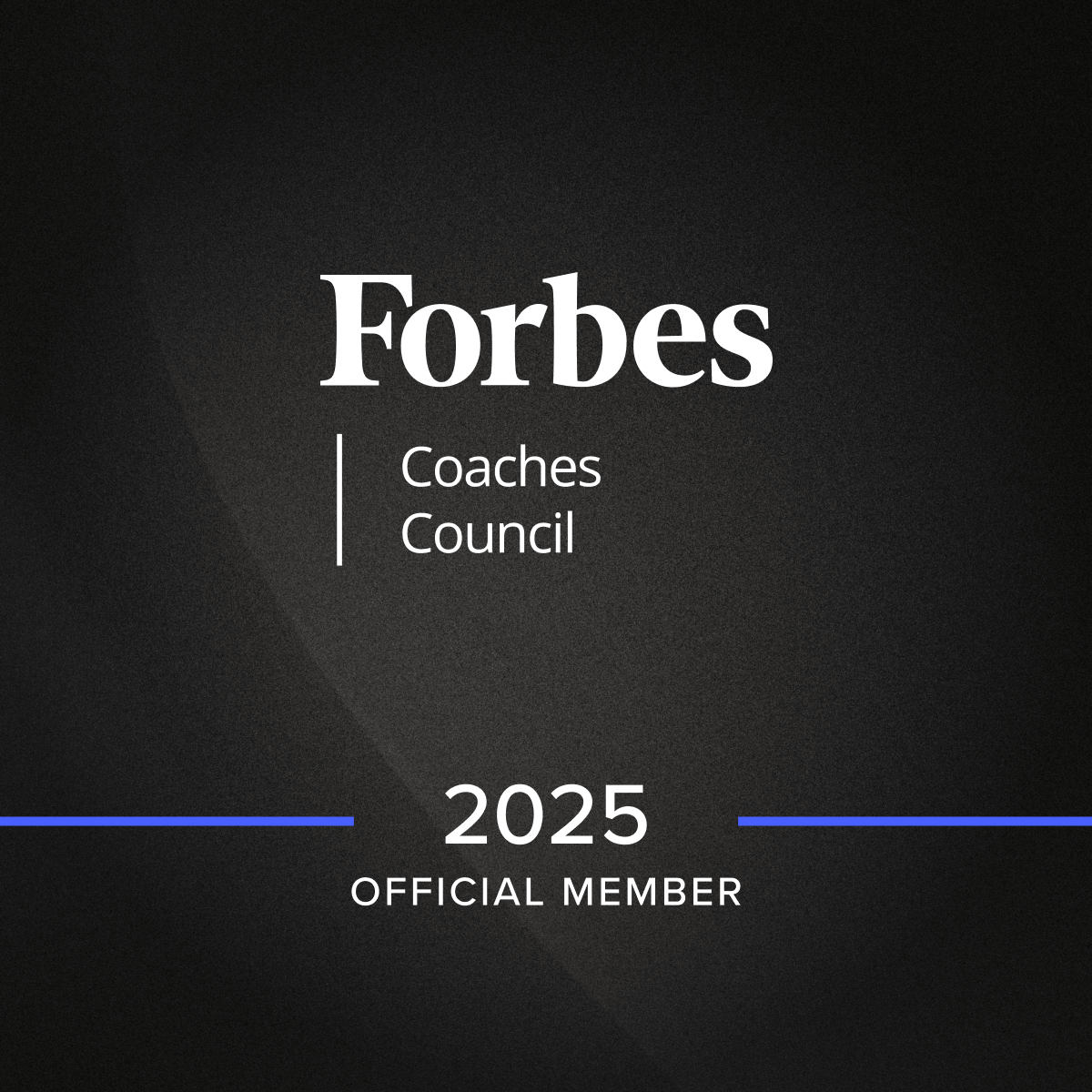Executive Coaching: One Size Definitely Does Not Fit All
A coach is not a coach, is not a coach, is not a coach. Imagine a professional discipline prompting a Harvard Business Review article called “The Wild West of Executive Coaching.” (HBR, November, 2004). It’s a provocative title, and one that underscores the lack of professional standards in the field. And while some professional accreditation exists, today it is certainly not required.
Under the right circumstances, executive coaching can add tremendous value. Take one motivated adult with a need, add an executive coach with the right skills, stir in some trust and a willingness to move out of one’s comfort zone and you have a recipe for enhanced business performance. That’s my definition of executive coaching, and therein lies the rub, -- the term executive coaching means different things to different people.

Executive coaching means different things to different people.
So here are some useful guidelines for being an informed coaching “consumer”:
Be clear on the coach’s definition of coaching and ensure that it’s a match for your needs. My coaching practice focuses on helping people enhance their business results by making some shifts in behavior. Period. Other people are life skills coaches or therapists, and yet nobody stops all of us from calling ourselves executive coaches.
Understand how coaching is, or would be, perceived in your organization’s culture. In some organizations, getting a coach signals high potential. It’s definitely a good sign, often worn like a badge of honor. In others, getting a coach is like the kiss of death, a last ditch effort to salvage a career. It’s definitely a bad sign, and people understandably don’t want anyone to know.
Know when to use external versus internal coaching resources. Both can be extremely effective, but it’s important to understand the trade-offs. Some things to consider:
- Internal capability and fit – Do I have the right skill set in-house?
- Internal capacity / opportunity cost – What’s not getting done if the senior HR executive is coaching the leadership team?
- Potential conflict of interest – Am I the right person to coach you if I’m also responsible for your salary administration?
- Cost
- Integration with other leadership development activities – Does it make sense to keep training alive by using the faculty for ongoing coaching?
Kick a potential coach’s tires. Here are some things to look for:
- Record of business accomplishments
- Flexes style to meet coachee's needs
- Knows how adults learn and develop
- Doesn’t have a big ego
Offer to have the executive meet several coaches and choose one to work with. Coaching shouldn’t be “done to” someone. Choice drives the personal connections and sense of trust that are critical to a success.
Create a coaching partnership that includes the coachee’s boss, HR and the coach. Successful coaching isn’t done in a vacuum, and coaching engagements are not forever. Therefore, it’s important for internal stakeholders like the boss and HR to be able to support the coachee after formal coaching ends. Just be certain that the ground rules for
confidentiality are made clear up front.
Today’s world is moving at breakneck speed and the marketplace puts a premium on agility. Selectively providing executive coaching with a coach
whose only agenda is to help the individual be the best s/he can be can truly provide an organization with a competitive edge.
Wondering if coaching is the right solution for you? Let's have a conversation.



